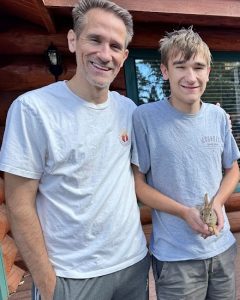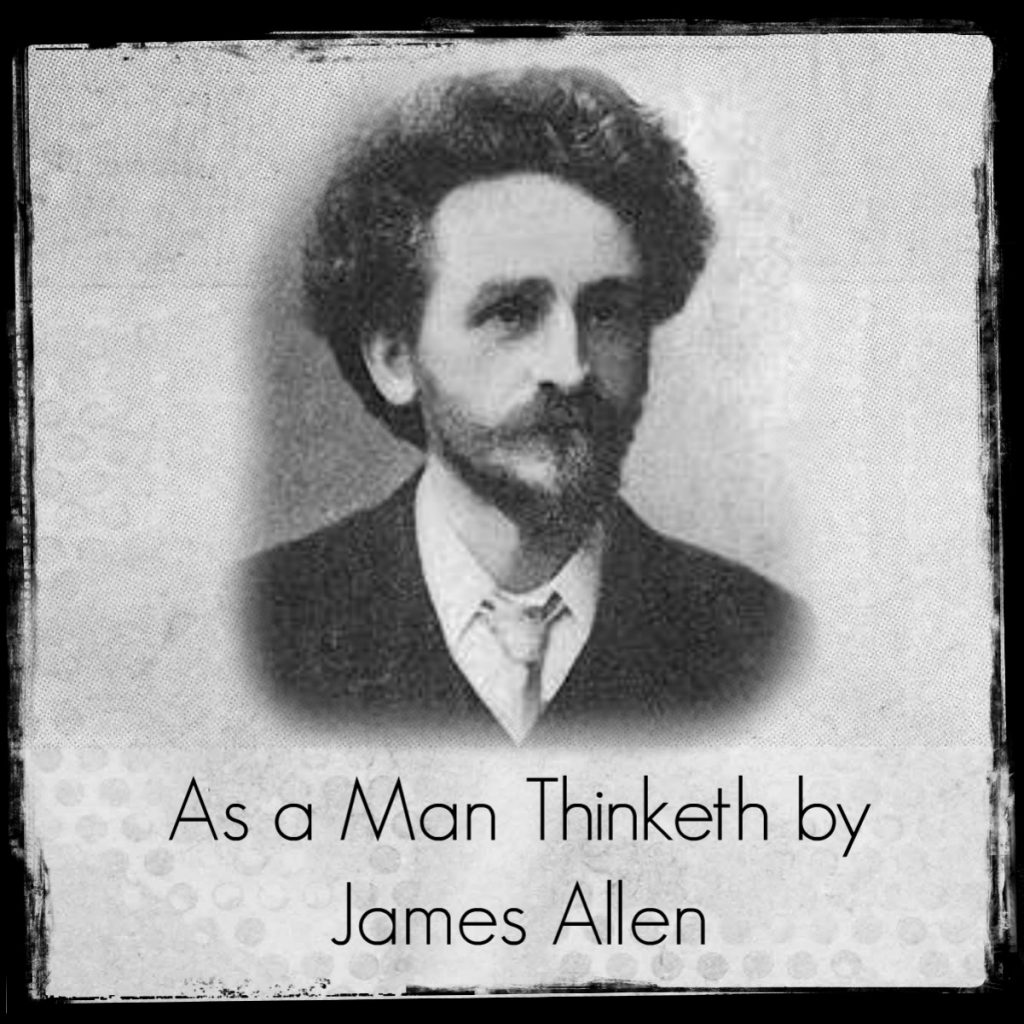By Andrea Mabey
Doctor Gawande’s tremendous energy fueled his busy urology practice, his service to the Rotary Club and his tennis games three times a week. He also invested in a rural college back home in India which he built up from a single building to a campus with 2000 students. In thirty years he’d never canceled an operating schedule for an illness of his own. Now he was facing a tumor in his spine that was causing tingling in the tips of his left hand fingers.
Initially Doctor Gawande felt fear. His doctors recommended surgery but he was more afraid of how the surgery would impact his life than the tumor’s relentless pressure on his spine. His first priority was to continue to practice urology. Underneath that was a secondary priority to see his grandchildren and visit his family in India again.
The tumor gifted Doctor Gawande with the focus he needed to accomplish his top priorities. His newfound awareness of the fragility of his life altered his desires to continue daily life as he always had lived it. He visited family in India. The tumor’s growth was slow but he experienced ODTAA syndrome (One Damn Thing After Another) as medical issues kept coming up. Two and a half years after his diagnosis the tingling in his hand became a muscular deficiency and he started dropping things in his grasp. He didn’t want to give up his urology practice but he decided it was time to retire. Rather than give in to negative thoughts, he moved his line in the sand. He chose to accept a leadership position with the Rotary Club where he would get to meet and speak with many people in meetings all over Ohio while monitoring his symptoms. He changed his email signature from “Atmaram Gawande M.D.” to “Atmaram Gawande, D.G.” signifying his new leadership position. His choice to let go of his life’s work and move into a new role as a leader of the Rotary Club reflected his desire to focus on people. He chose not to accept a treatment regimen that would limit his social interactions. In defining his narrow possibility he set a goal of speaking at all fifty-nine of the Rotary Clubs in Ohio. After his leadership term ended, he agreed to the recommended surgery.
Surgery was finally scheduled. Doctor Gawande’s thoughts transitioned to a greater concern over the tumor’s destruction over the possible negative side effects of surgery. During the surgery, his body showed signs of an impending heart attack. The surgeon stopped operating to ask the family whether he should continue. Doctor Gawande had already decided that death was preferred over becoming a quadriplegic. The family knew his preference, talked to the surgeon and ultimately decided to resume the surgery. Three weeks later, he returned home walking and in little to no pain.
However the choices didn’t stop and again he was confronted with a recommended treatment plan. Now the doctors knew what kind of tumor he had and they recommended chemotherapy. He was offered the hope that the treatment would restore his former abilities. Doctor Gawande hesitated. He was clear on his priorities and he didn’t want to sacrifice them for more treatment. However, in the end he was persuaded to undergo chemotherapy.
The chemotherapy did not reduce the size of his tumor as predicted. Once again his horizon for possible happiness narrowed. He and his family chose to get more information on hospice care. With the additional information his options opened up. Doctor Gawande was able to remain calm. “He found that in the narrow space of possibility that his awful tumor had left for hime there was still room to live.” (P. 229)
As you think about this story and the unpredictable outcome, are you finding it hard to see the good? As a rule, our brains are wired to remember intense positive or negative moments more than the ordinary ones. “When our time is limited…we are forced to deal with [both what we experienced and what we remember.] Certain pleasures can make enduring suffering worthwhile. The peaks are important, and so is the ending.” (P. 239) Doctor Gawande had many pleasurable moments even after his cancer diagnosis. The end was not in his control but he was never helpless. Doctor Gawande retained control of his story, though within a narrowing possibility for happiness. While on hospice, he continued to invite friends over for dinner parties, made plans to build a new building at the rural college in India and was introduced to his daughter’s fiancé. “Each day, he found moments worth living for.” (p.250) A peaceful ending to every story is possible and there is joy if we choose to see it.
Source: Gawande, Atul. Being Mortal. Metropolitan Books. 2014. Pp. 193-250
- Discovering a Narrow Possibility for Happiness - December 4, 2023
- Jogging Beyond Avocado Toast - December 4, 2023
- Lick Your Cinnamon Roll Before you Eat It - December 4, 2023

















